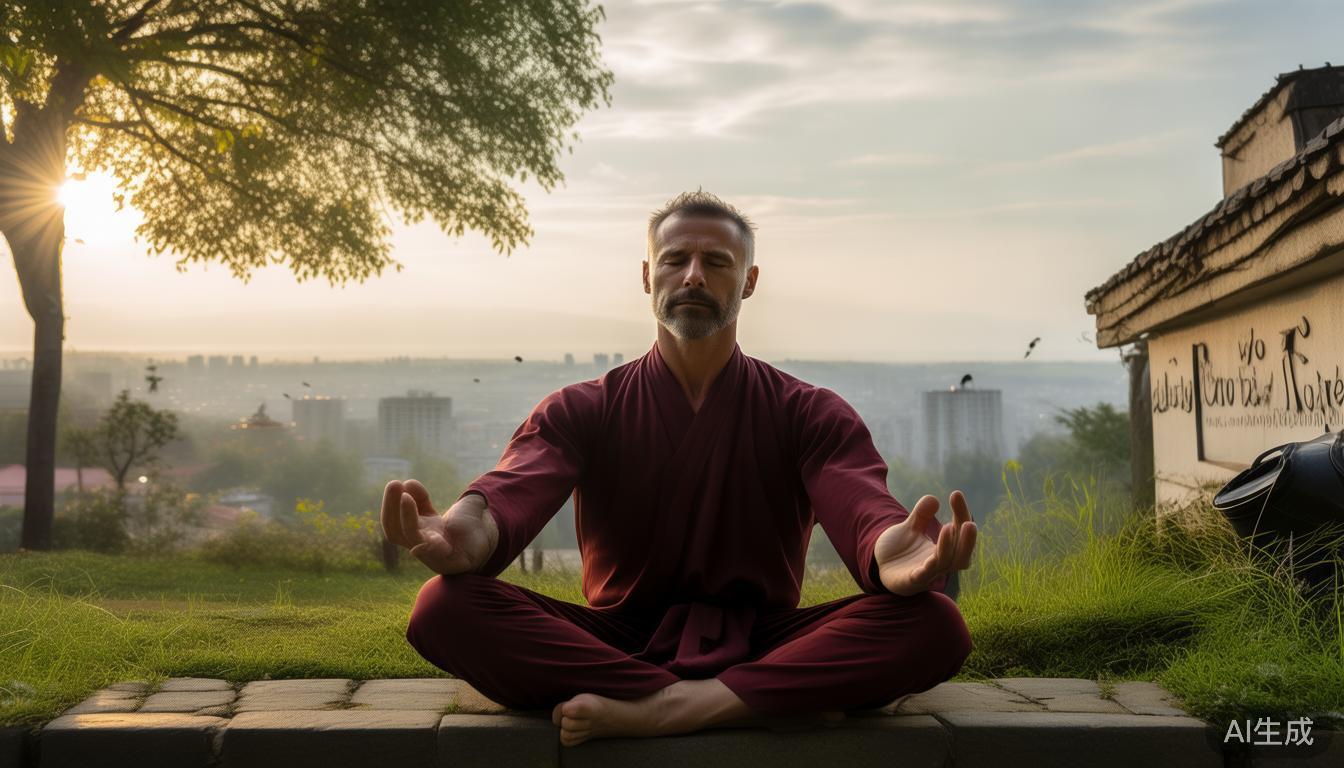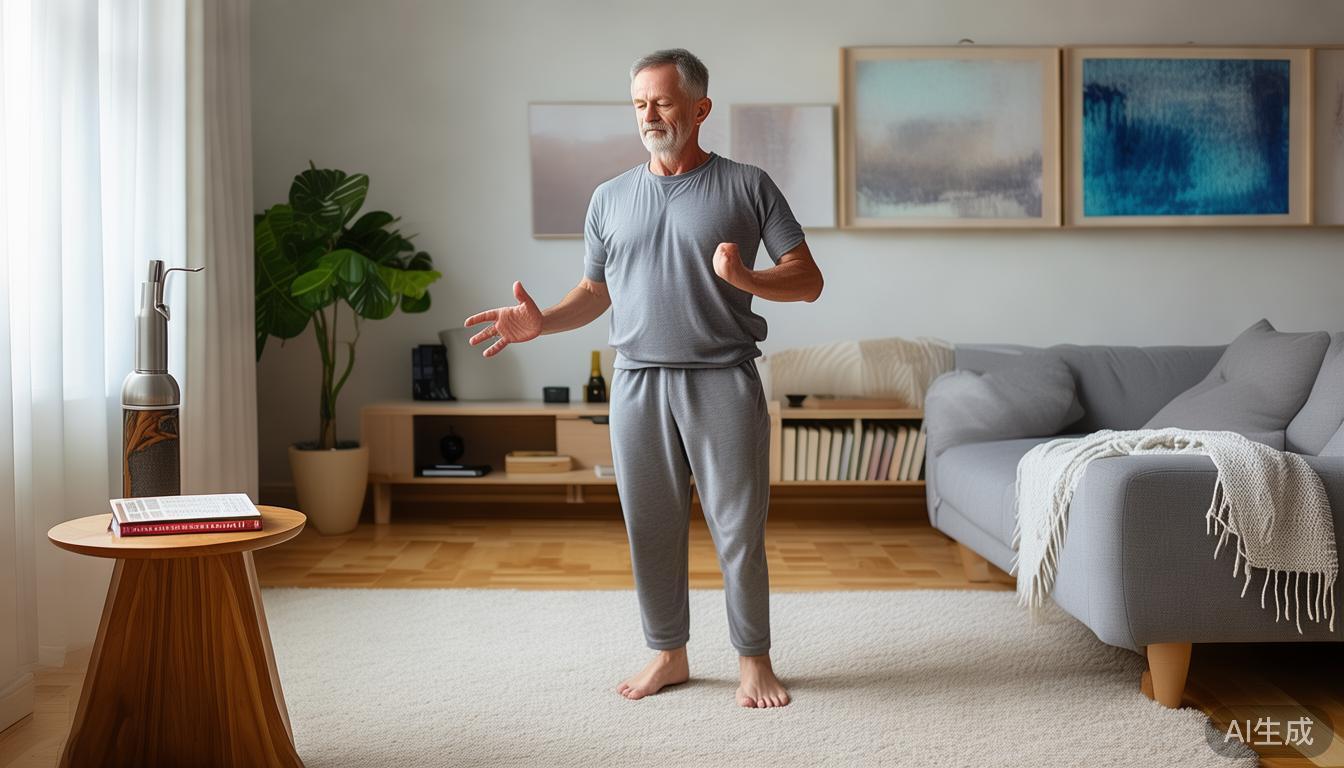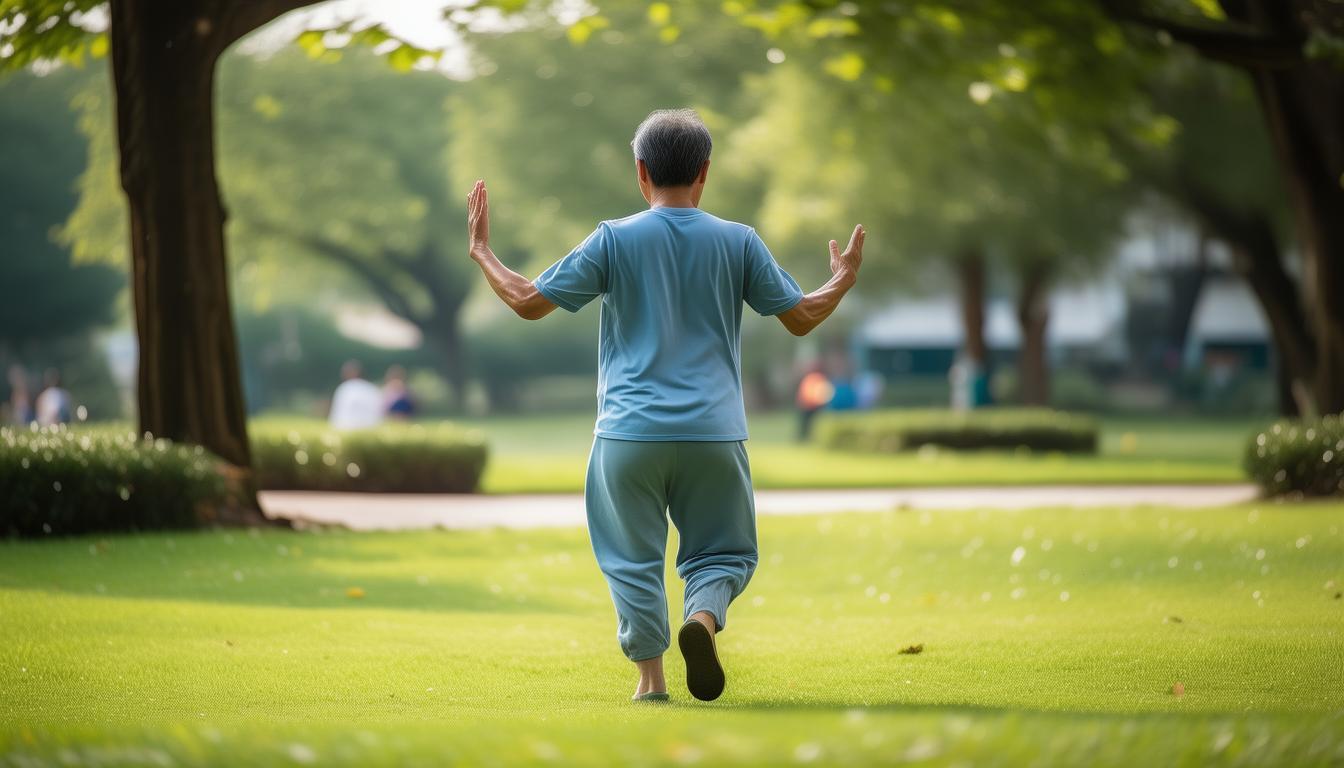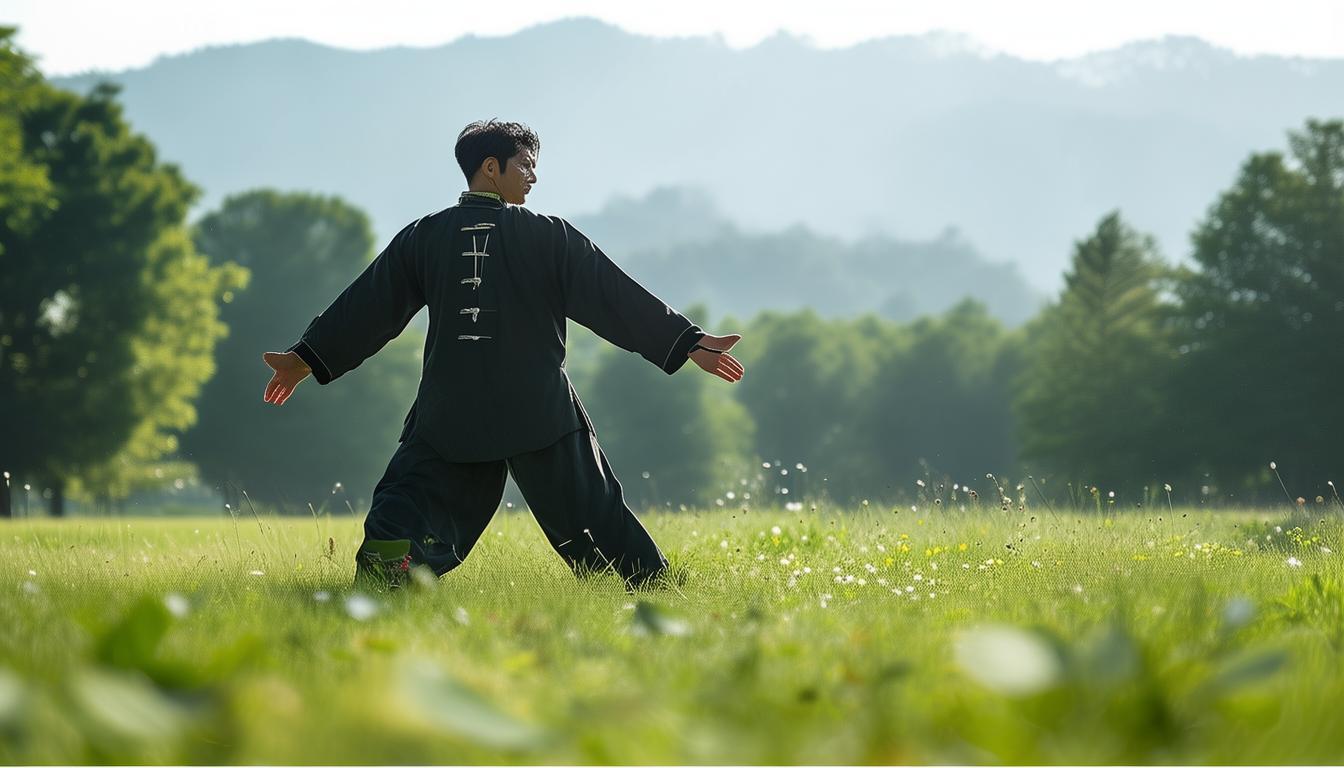
Insights From Years Of Practicing Tai Chi And Qigong, Sharing Practical Content To Help You Find Your Inner Strength
For many years, I have continued to practice Tai Chi and also practiced Qigong, and I have gained a profound insight into the balance inherent in these two sports with a long history. These two are not just gentle physical movements, they are a complete set of life philosophy frameworks, which help people in today's fast-paced life to find their own inner peace and strength by regulating the operation of breath, controlling consciousness and the interrelation and coordination between them. Today, I have this idea and plan to share with you some practical content with practical value one by one. I hope it can be a reference for your healthy development.
How Tai Chi Improves Body Balance
Tai Chi movements are slow and rounded, seemingly simple, but in fact they require a high level of control. Each turn and step trains our core muscles and the stability of the lower limbs. When I first started practicing, I would shake when standing on one leg, but now I can easily complete movements such as "Golden Rooster Independence". This progress is not only reflected in the classroom, but also in daily life, when I bend down to tie my shoes, and when I go up and down the stairs, I feel more stable than before. Special suggestions from Tai Chi Online , middle-aged and elderly friends focus on practicing basic moves such as Cloud Hands and Wild Horse Parting Mane, which can significantly enhance the stability of the ankle and hip joints.
How Qigong regulates breathing rhythm

Different from Tai Chi, Qigong focuses more on the guidance of inner energy. Among them, the "breathing and breathing" exercise has particularly significant improvement in my chronic rhinitis. I practice the "Liu Zi Jue" breathing method every morning. Through the six sounds of shh, huh, huh, hiss, blow, and hee, I gradually turn the originally shallow breathing into deep, long and steady. I remember a student who suffered from insomnia for a long time. After practicing for three months, Tai Chi And Diabetes Courses Online , now I can fall asleep naturally every night. The key is to find a breathing rhythm that suits me. There is no need to insist on being exactly the same as the instructor.
Which Tai Chi Qigong is more suitable for beginners?
Beginners are often troubled by this problem. According to my observation, for people with poor physical fitness or joint problems, Qigong is a more suitable choice to enter the doorway, because their range of movements is slightly thin, and most of them are completed by standing or sitting. For those who hope to exercise muscle endurance and balance skills at the same time in the process, they can go straight to the beginning and learn the twenty-four Tai Chi poses. There was once a student who suffered from knee arthritis. He first practiced Qigong for half a year to strengthen the circulation of qi and blood in the legs , tai chi and qi gong , and then started learning Tai Chi. The pain symptoms were significantly relieved. It is recommended that beginners experience both courses first and make a choice based on how their body feels.

How to integrate Tai Chi Qigong into your daily life
There is no need to be limited to a fixed time period and venue. I often use the time I wait for the elevator to practice standing, and practice the "Ba Duan Jin" movement of holding the sky with my hands for a few minutes during breaks in the office. Recently, I taught my family how to practice "abdominal rubbing" before going to bed because it is simple and easy to learn and can promote gastrointestinal digestion. The most important point is to form a small micro-habitual form of atmosphere and temperament: complete three sets of starting posture actions every morning when boiling water, and maintain a head-up, spiritually guarding standing posture while waiting for the subway. The cumulative effect of these fragmented practice behaviors is extremely amazing and shocking.
What is the biggest obstacle you encounter when trying Tai Chi or Qigong? Is it difficult to memorize complex routines, or is it difficult to calm down and adjust your breath? You are welcome to share your experience in the comment area. If you feel that these experiences have helped you, please like it to support and share it with more friends.





